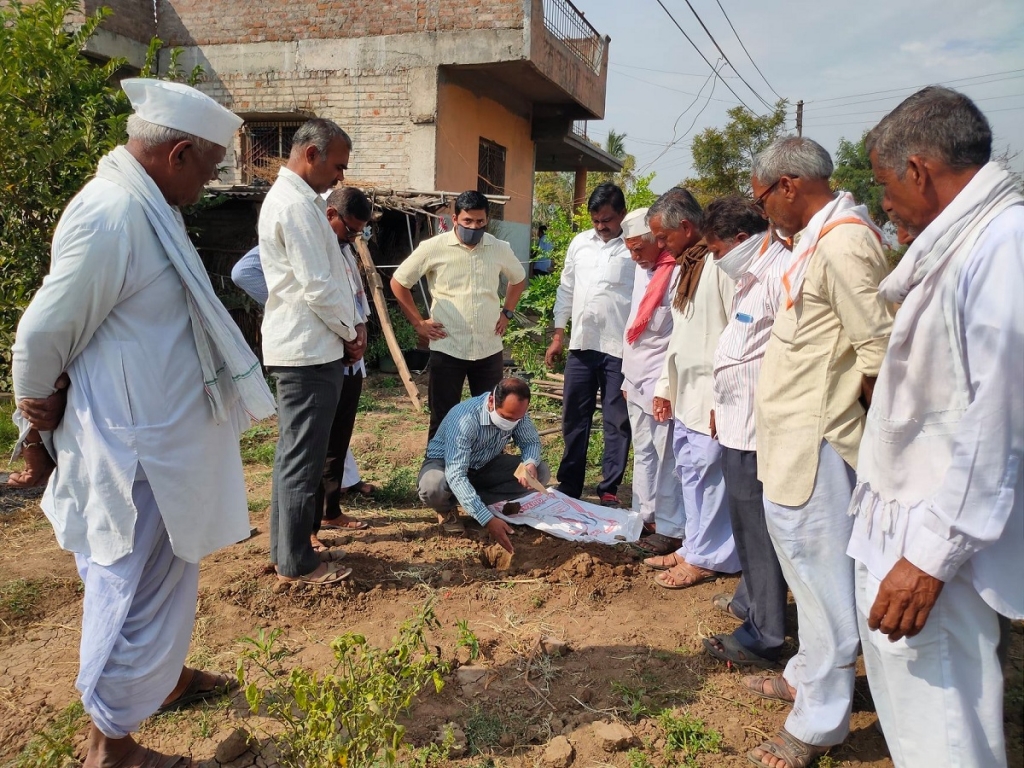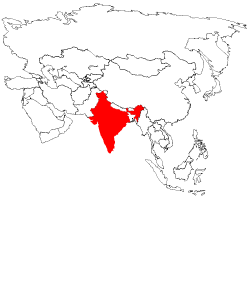INDIA: Farmers boost productivity through training

Don Bosco Development Society holds a series of training courses and workshops for farmers
(MissionNewswire) The Don Bosco Development Society, through its collaboration partner Don Bosco Waluj, has organized a series of training courses and workshops for farmers in the districts of Aurangabad and Jalna, India. The training was organized as part of the Climate Change and Sustainability project supported by Don Bosco Mondo, Germany.
As part of the project, Salesian missionaries held practical demonstrations and visits to farms where kits were distributed to help farmers start organic crops. Farmers have also been connected to government programs to take advantage of subsidies and agricultural equipment.
“These workshops provide farmers an opportunity to learn more advanced techniques to help make their farms more productive,” said Father Gus Baek, director of Salesian Missions, the U.S. development arm of the Salesians of Don Bosco. “Salesian missionaries also have a focus on better sustainability practices in farming, which help farmers and the environment.”
Salesian agriculture programs in India and countries around the globe provide farmers with basic education, as well as advanced studies in the latest agricultural practices and modern technologies. Salesian missionaries also hope agriculture programs will entice more local youth to choose agriculture as their long-term livelihood. With a long history of providing agricultural education, missionaries currently operate more than 90 agriculture schools around the world.
India, which is home to 1.35 billion people (18 percent of the world’s population), will have overtaken China as the world’s most populous country by 2024, according to the World Economic Forum. While India has the world’s largest youth population, the country has yet to capitalize, leaving some 30 percent of this population not in employment, education or training.
India has the world’s fourth largest economy but more than 22 percent of the country lives in poverty. About 31 percent of the world’s multidimensionally poor children live in India, according to a report by the Oxford Poverty and Human Development Initiative. A multidimensionally poor child is one who lacks at least one-third of 10 indicators, grouped into three dimensions of poverty: health, education and standard of living.
India’s youth also face a lack of educational opportunities due to issues of caste, class and gender. Almost 44 percent of the workforce is illiterate and less than 10 percent of the working-age population has completed a secondary education. In addition, many secondary school graduates do not have the knowledge and skills to compete in today’s changing job market.
###
Sources:
ANS Photo (usage permissions and guidelines must be requested from ANS)
ANS – India – A project on climate change and sustainable agriculture
Don Bosco Development Society Facebook
Salesian Missions – India
World Bank – India





